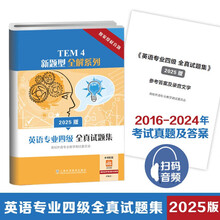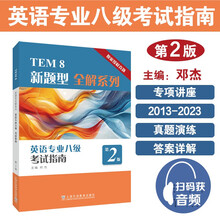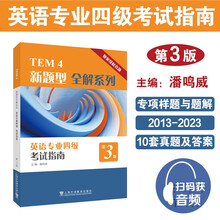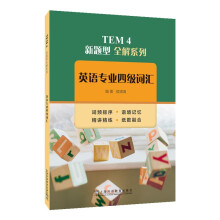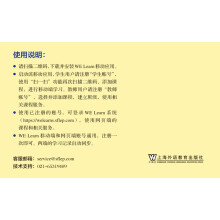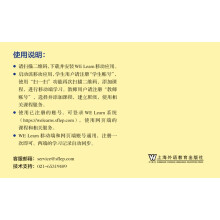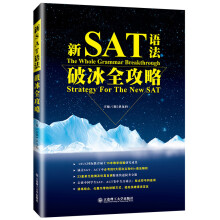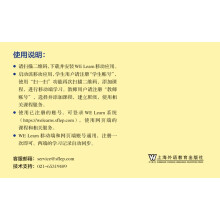3.2 英汉翻译实践与评析<br> (2)【原文】<br> Most of life is a gamble. Very many of the things we do involve taking somerisk in order to achieve a satisfactory result. We undertake a new job with no ideaof the more indirect consequences of our action. Marriage is certainly a gamble,and so is the bringing into existence of children, who could prove sad liabilities.A journey, a business transaction, even a chance remark may result immediatelyor ultimately in tragedy. Perpetually we gamble--against life, destiny, chance,the unknown--call the invisible opponent what we will. Human survival andprogress indicate that usually we win.<br> So the gambling instinct must be an elemental one. Taking risks toachieve something is a characteristic of all forms of life, including humanity.As soon as man acquired property, the challenge he habitually issued todestiny found an additional expression in a human contest. Early man maywell have staked his flint axe, his bearskin, his wife, in the hope of adding tohis possessions. The acquirement of desirable but nonessential commoditiesmust have increased his scope enormously, while the risk o.;[ complete disasterlessened.<br> 【译文】<br> 人活一世,但大辈子都是在赌博。在做许多事情时,为了能有一个满意的结果,我们都得冒一定的风险。在承担起一项新工作时,我们并不知道这样做会带来什么更间接的结果。结婚无疑是一次赌博,生养孩子也是如此,因为孩子可能让可怜的父母背上沉重的负担。一次出行,一笔交易,乃至一句无心的话都可能立遭不测或深埋祸根。我们一直在和一个看不见的对手赌博,至于人们管他叫什么则并不重要:命也罢,运也罢,机遇也好,未知数也好,人类的生存和发展表明通常我们是这场游戏的赢家。<br> 可见赌博是人类基本的天性。为了成功而不惧风险是包括人类在内的所有生物的特征。人一旦拥有了财产,他一直以来与命运所做的抗争表现在人与人的角逐中便多了一层意思。早期的人类为了增加财产,押的赌注是他的燧石斧、熊皮和妻子。而在拥有了称心如意但又可有可无的商品后,人在游戏角逐中的回旋的余地得以增加,而一败涂地的风险则相应降低。<br>
展开

